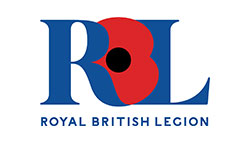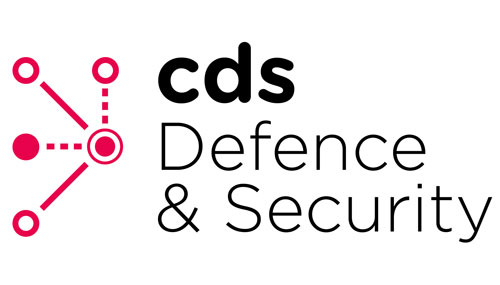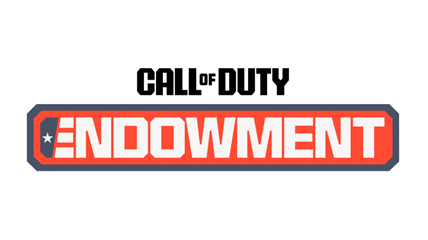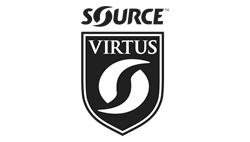PREMIERSHIP, CHAMPIONSHIP & COMMUNITY COMPETITION RULES 2018 – 2019 SEASON
- The Army Rugby Union (ARU) Community Leagues shall be played under the Laws of World Rugby and of the Rugby Football Union and shall comply with the Competition Rules and Regulations of the Army Sports Control Board (ASCB) & ARU.
Overview
- The ARU Community Leagues are run and facilitated to promote teamwork, respect, enjoyment, discipline and sportsmanship for all. Fixtures should be arranged and agreed upon well in advance and units should honour them. It takes constant monitoring of the unit Forecast of Events (FoE). by Rugby Officers (ROs) to ensure that rugby is played, but there is flexibility in the system. The ARU funds participation and administrates the competition. Playing equipment, medical kit, some travel, fixtures and referees can be provided or organised.
- The Competition shall be called the Army Rugby Union (ARU) Premiership (Prem) & Championship (Champ) Competition, hereafter referred to as the ARU Prem & Champ. Participation in the ARU Prem & Champ will be for Regular and Reserve Unit XVs, ARTD establishments and Formation Headquarters. In the spirit of promoting rugby, some allowances may be made to facilitate participation for Garrison or multi-unit teams. The aim of the ARU Prem & Champ is to promote rugby union and to provide a stepping-stone for players to progress into Army representational teams.
- The competition is open to units affiliated to the ARU and are registered on the RFU Game Management System (GMS). Units must pay an annual fee of £50 to the ARU which pays for unit rugby insurance.
- To participate, units must agree to be bound by the RFU disciplinary procedures. The Committee shall have the power to impose conditions upon the membership or continued participation of any unit in the competition. Any unit failing to comply with such conditions shall not be entitled to enter the competitions or to continue to participate in them.
- The Rules of the ARU Prem & Champ are those published on the ARU web page. They are updated usually at the beginning and end of each season and can be found at: https://www.armyrugbyunion.org.uk/competition/
Organising Committee
- The Chairman ARU Community Leagues (hereafter known as the Chairman), Maj Marc Wilding and a team of league secretaries administer the ARU Prem and Champ as well as facilitating Community fixtures. The Secretary of the ARU, Mr Chris Fowke, assists them. The Chairman reports to the Director of Community rugby, Col James Cook OBE (hereafter known as the Director).
- The Chairman has the power to amend these regulations; subject to endorsement by the Director in writing prior to their introduction. Amended regulations must be published electronically on the ARU web page and all units informed by email.
- League secretaries run the individual leagues on behalf of the Chairman. The league secretaries will be responsible for:
- Staffing their league fixture list, keeping it up to date and informing the ARU of any changes, results and league tables.
- Offering advice and support to ROs on the specifics of ARU laws and rules for the smooth running of the competition.
- Maintain their league tables with scores and bonus points, ensuring that results are passed to the Chairman at the earliest opportunity.
- Keep their ROs up to date on the competition status.
- Act in the best interests of the competition and promote the game of rugby.
- League Secretary contact details for season 2018/19 are:

















